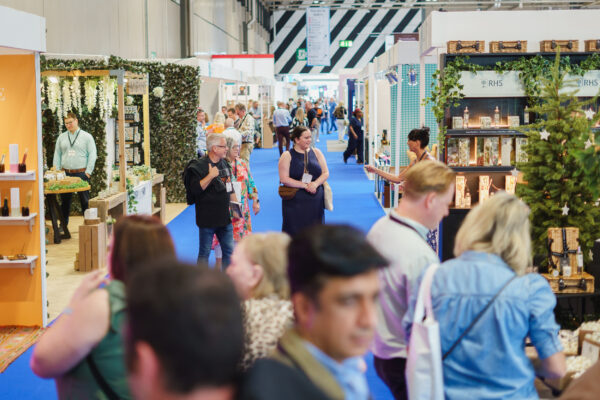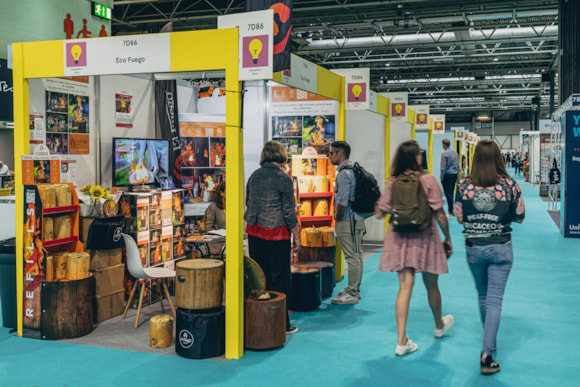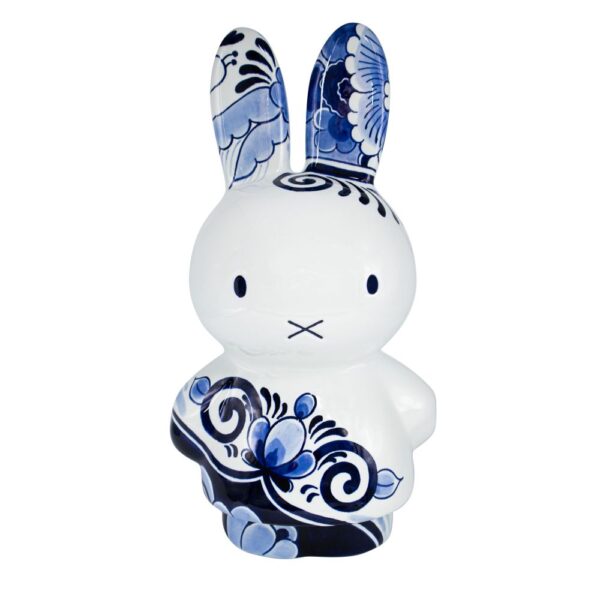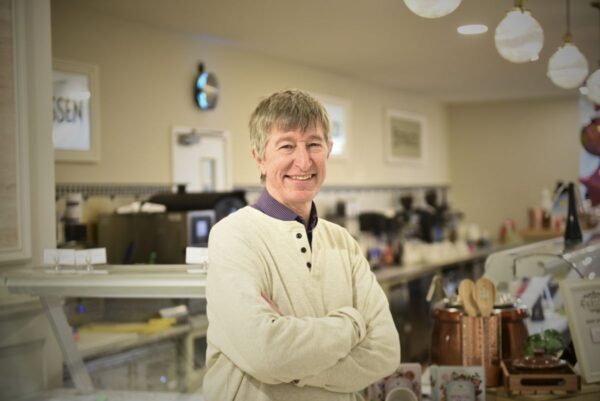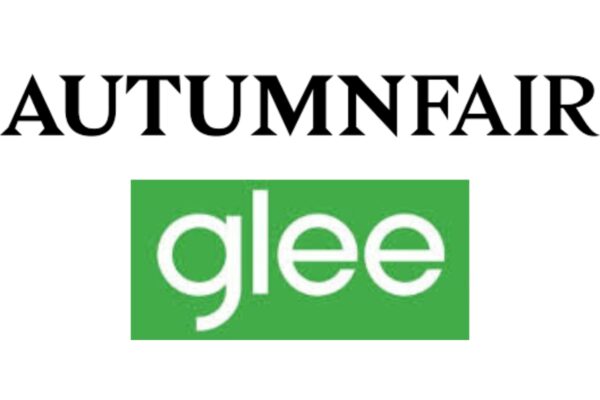Research from social media management platform Maybe* has found that independent businesses have all but stepped away from social media since lockdown ended. Although consumers average over three hours on social media per day, the 43% of independents that were active on social media on a daily basis pre-Covid-19 has dropped to just 5% in some towns.

“This was a really worrying finding,” explains Polly Barnfield OBE, CEO of Maybe*. “Small shops really need to be on social media and engaging in the local conversations there, because that’s a really effective way of reaching local customers. Use it to tell local people the story of your business. Don’t get sucked into believing that social media is for the world; you can make it local if you engage with the local conversation. As part of our commitment to helping small businesses harness the power of social media, we’ll be using our platform to highlight daily the most engaging social media post by an independent retailer. This will provide other retailers with a great example of best practice social media so they can understand how to engage customers and replicate the technique across their own social channels.”
Maybe* gathered 20,000 responses from across the UK to understand changing attitudes towards shopping and this included finding that people expect to be making fewer visits to large shopping centres than before lockdown. Over a third of 19-25 year olds said they expected to make fewer visits to large shopping centres moving forward, a figure that rises to 60% for the 26-34 age group, 55% for the 35 to 45 age group; 58% for the 46-55 age group; 62% of the 56-65s and half of the over 65s.
When asked what measures they felt would encourage them to shop more, home delivery and a limit on the number of customers in store at any one time scored highest. 35% of the 19-25s favoured home delivery and 38% a limit on the number of customers in store at any one time with other demographics reporting as follows:
• 26-34 age group: 35% home delivery; 37% limit on the number of customers
• 35-45 age group: 30% home delivery; 37% limit on the number of customers
• 46-55 age group: 31% home delivery; 36% limit on the number of customers
• 56-65 age group: 26% home delivery; 30% limit on the number of customers
• Over 65s: 28% home delivery; 30% limit on the number of customers
Other responses included the ability to book appointments to shop; the availability of Click & Collect, and shop staff effectively policing social distancing, face covering and hygiene regulations.
Polly Barnfield adds: “The majority of people we surveyed still feel anxious about shopping at all with 57% predicting they will shop less in either a High Street or a shopping centre compared with pre-lockdown. But there is good news and that is that retailers are largely felt to be doing a satisfactory job of implementing their safety measures, though they mustn’t rest on their laurels as they risk losing 51% of their shoppers if social distancing measures aren’t enforced. This should suit small, independent shops who are able to make changes quickly to the way they work to make their customers feel even safer and more comfortable.”
“This research reveals that the post-lockdown reticence to shop that a lot of retailers feared is evident but that there remain opportunities for innovative small shops to offer a service that overcomes that reticence,” says Mark Walmsley, Chair of the Independent Retailers’ Confederation, which organises the annual search for Britain’s Best Shop and for which Maybe* is a partner.
“We continue to see extraordinary examples of innovation and ingenuity in being able to adapt a business to continue trading. This is unsurprising, given the agility and commitment of independent retailers to their local communities and, in this extraordinary year, it is something we will be recognising and celebrating. And we are delighted to have the support of Maybe* in helping us to do that.”
The annual competition highlights the best of Britain’s independent retail sector, celebrating the commitment and creativity of independent retailers and the central role they play in their local communities. Previous winners have included Bristol-based delicatessen Papadeli, the 2019 winner, and The Mainstreet Trading Company, a combined bookshop, café, deli & homeware shop based in St Boswells, in the rural Scottish Borders, which won in 2018. Maybe* has been named as the main partner of this year’s competition.
Entries close for this year’s Best Small Shops competition on September 11th. For more information.









